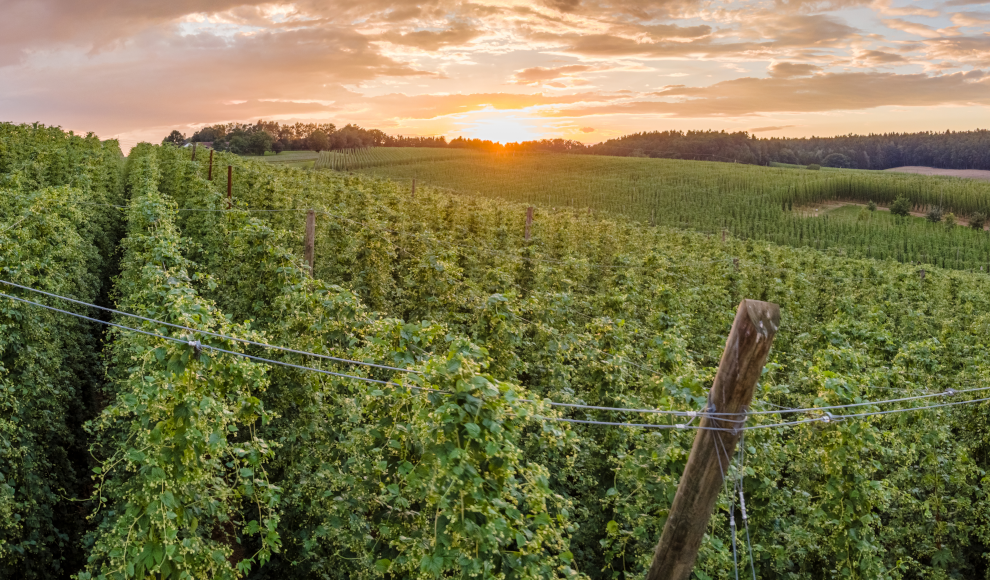The effects of climate change are threatening the beer production in Europe, as the amount of hops and alpha acids, which are crucial for the taste of beer, are decreasing. A recent study by the Global Change Research Institute of the Czech Academy of Sciences has found that the higher temperatures and lower rainfall in Europe are affecting the agriculture industry, including the hop production in regions such as Hallertau and Spalt in Germany and Tettnang in Baden-Württemberg. The researchers used historical harvest data from 1971 to 1994 and compared it to the period from 1995 to 2018, finding significant declines in hop yields due to climate change. The simulations show that the harvested hop amounts could decrease by up to a third by 2050, with the Hallertau region experiencing a decline of almost 40 percent.
The decrease in alpha acids in hops, which are responsible for the bitter taste of beer, is also a concern. However, experts from the Hop Research Center in Hüll and BarthHaas, the leading hop trader worldwide, suggest that the use of newer, more climate-resistant hop varieties and artificial irrigation systems could help mitigate the effects of climate change on hop production. BarthHaas has recently invested 65 million euros in an extraction plant in Hallertau, demonstrating their commitment to maintaining the competitiveness of the hop industry in southern Germany. Despite the challenges posed by climate change, experts remain optimistic about the future of hop production in Europe.
In conclusion, the decline in hop yields and alpha acids due to climate change is a significant threat to the beer production industry in Europe. However, the use of newer hop varieties and irrigation systems, as well as investments in the industry, could help mitigate the effects of climate change and maintain the competitiveness of the hop industry in the region.










